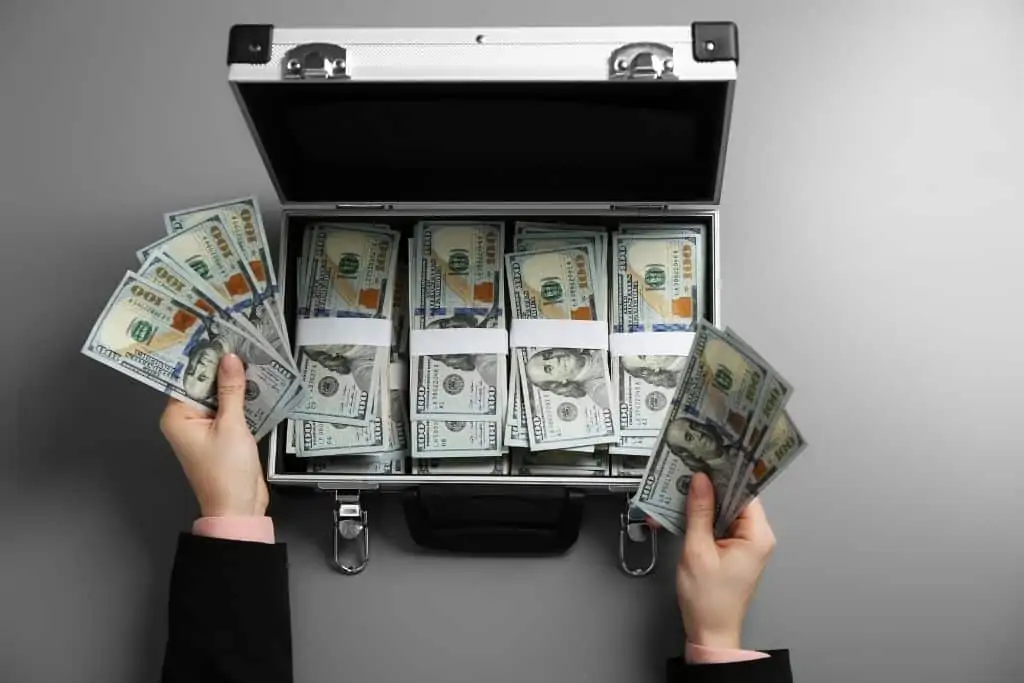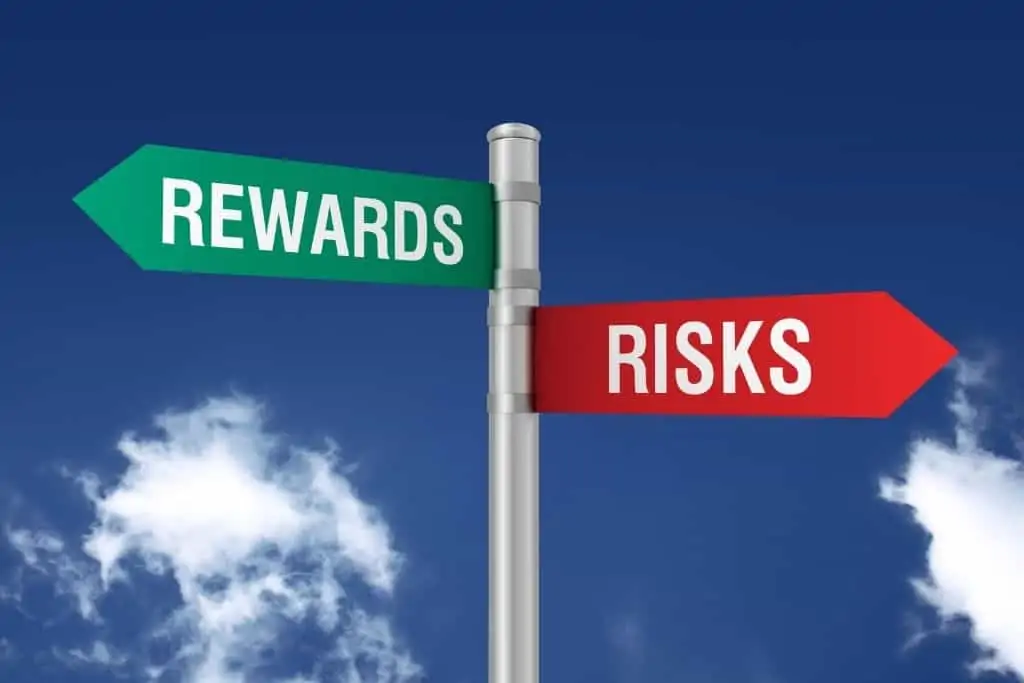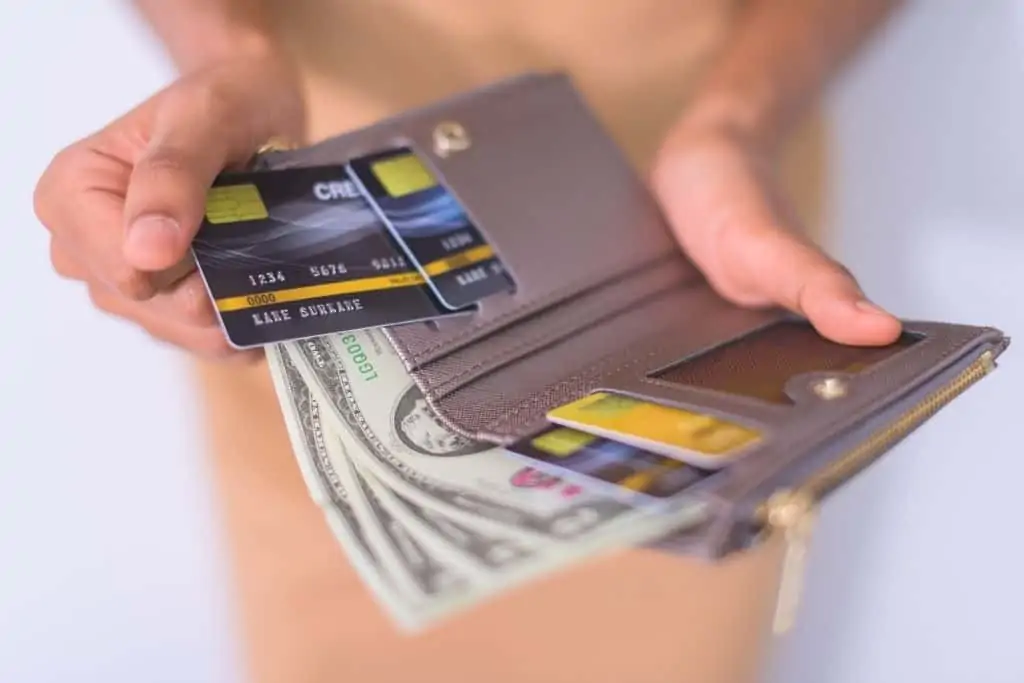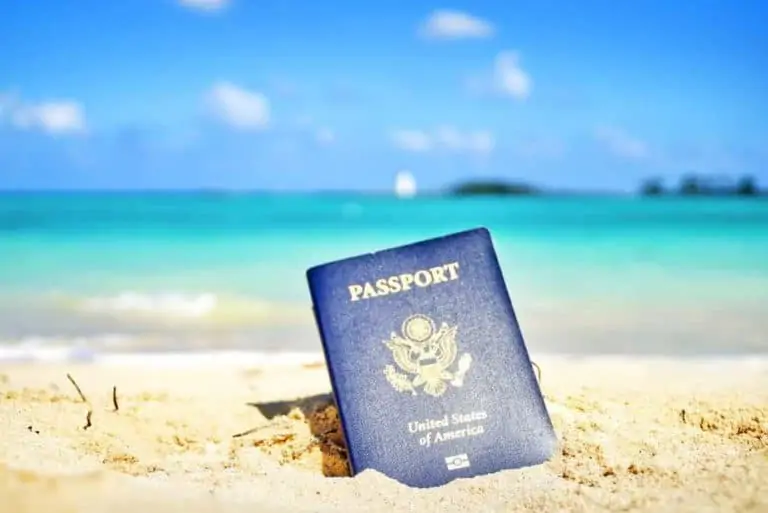Cash, Credit Cards, or Debit Cards while Traveling: Which One to Choose
Let me be clear right up front: I’m not one of those folks who live on credit and spend more than they have. So if you take a different approach, I’m not going to fight you on it.
So, will we only use cash and debit cards while we’re traveling?
It’s not that simple!
First, let’s deal with cash. It’s pretty simple here. It would be best if you had enough to tip or pay in places that do not accept cards (although, now, there are almost no such places left).
“Enough”, in this case, is determined by your personal preferences and level of spending. But, as a rule of thumb, I would recommend carrying at least $100-$200 in cash, preferably in small bills.

Now let’s move on to credit cards and debit cards.
Why Traveling with a Debit Card is Risky
Many people don’t know that the bank pays the merchant in full when you use your debit card. When you deal with charges that are not yours, the bank will take money from your account to pay for them. If there is not enough money in the account, they will take it from other accounts linked to the checking account. As a result, it can leave you without cash for daily expenses while waiting days (or even weeks) for a new card to arrive at home!
Long holds and Restrictions
Since debit cards are processed as a credit, many merchants have a practice of putting a hold on the funds from that card. At the same time, they contact your bank to verify if you have enough money in there to cover it. This often results in a delay before the charge posts to your account, and it can also lead to restrictions being placed on your card by the bank.
This hold can range from $1 to $300, depending on the merchant. So if you place several orders here and there throughout your trip, it will end up taking several days to clear that amount from your account. And then, there’s always the possibility of a hold being placed. It stays for up to 30 days (yup, I’ve experienced that before – and yes, you can call and ask them to lift it – but they often decline).
Imagine that you book several hotels, rent a car or some equipment. And then you realize that $1000+ is frozen in your account – and you can’t use it.
Now, not everyone has had such problems. And I’m not saying that banks will definitely place holds here and there on your card for no reason at all. But with debit cards, there’s not that sense of security that you have with your credit card.
ATM’s fees
And, if you’re like me and like to use ATMs to get cash instead of dealing with exchanging money, you’ll be paying for that convenience. Most banks charge a fee (usually $2-$3) for using an ATM that’s not affiliated with them. And the likelihood of this is very high in most foreign countries (but you may encounter it without even going abroad).
Not to mention $2-$3 is the absolute minimum, so if you’re withdrawing more than $100 at once, it adds up pretty fast (Yeah, that is why withdrawing some cash in advance is a good idea).
In addition, while some ATMs may not charge a fee upfront, other banks may then add their surcharge when the money is posted to your account – and that can be even more irritating than upfront fees.
Now let’s talk about credit cards for a minute.

Why Traveling with a Credit Card is a Better Option
Compared to debit cards, credit cards offer more protection against fraudulent charges. Plus, if your card is lost or stolen, you can call the bank, and they’ll cancel it immediately – which is something you cannot do with a debit card (or at least not until the thief makes some use of your card).
Credit cards also offer travelers more protection than debit cards. For example, if you book hotels with your credit card, most banks will cover the cost of the first night if you find yourself stranded or having to cancel your trip for some reason.
Most credit cards offer the best exchange rate for purchases. Debit cards can have their rates, but they are different depending on the bank.
You don’t pay out of your pocket for holds.
Where the disadvantages of debit cards are apparent, you can immediately see the advantages of credit cards. Hold are still there, but they’re not coming out of your pocket.
These short-term holds are virtually unnoticeable to you if you have a credit card with a monthly credit ceiling that is greater than what you ever spend on the card. Just don’t forget to pay your bill in full by the due date to avoid any interest payments.
In my opinion, this is the only healthy way of using a credit card and can help you build your credit score over time.
Another level of fraud protection
Since the money on a credit card is the bank’s capital, they are more concerned about its security than a debit card. Therefore, if a third party and fraudulent charges obtain your credit card number are made, you are not responsible. It depends on the situation, but fraudulent transactions can handle it much easier in most cases.
You probably know this, but if your credit card is stolen, it can quickly be canceled by calling the number on the back of your card. Unfortunately, cash and debit cards are not as secure.
Additionally, you have time to report fraudulent charges on your credit card without any immediate consequences. For debit cards, if charges are reported within a specific time frame (usually 48 hours), the bank will not hold you liable for the fraudulent charges. Still, if you wait too long, you may be responsible for the entire amount.
Perks for Frequent Travelers
Credit cards offer many perks for frequent travelers. For example, many cards offer travel insurance, which can help protect you if your trip is canceled or your luggage is lost or stolen. Additionally, many credit cards offer extended warranty protection on purchases made with the card, which can be helpful if something goes wrong with the purchase while you’re on vacation.
Besides that, many credit cards offer rewards programs that can give you bonus points or miles for every dollar you spend on the card. So you can rack up points (or miles) for every purchase, and you can use these rewards to upgrade your hotel room, get a free airline ticket, or even get cashback.
Additional advantages when renting a car
Most credit cards also offer rental car insurance, which can save you a lot of money if you have an accident while renting a car. So if you’re renting a car on your trip, it’s worth checking to see if your credit card offers this benefit.
But, what is really beneficial is that you can get car collision coverage with your credit card, which is not available with most debit cards. It is essential when you’re traveling! Suppose you’re in an accident and don’t have collision coverage on your rental car. In that case, there’s a good chance that you’ll be responsible for the costs associated with fixing or replacing it.
Additionally, suppose you are renting a car in a foreign country. In that case, you’ll get the best deal if you pay in advance with your credit card because most credit cards charge no foreign transaction fee.

So, what is the best option for you – debit or credit card?
I can safely say that using a credit card, in this case, is the best option, even if you are an opponent of credit.
In this case, with the right approach, you are simply using the bank’s money as leverage rather than getting into new debt.
The main thing is to use this lever wisely, because there is a great temptation to spend extra, especially on vacation. But this is a topic that is not relevant to this blog post 🙂







